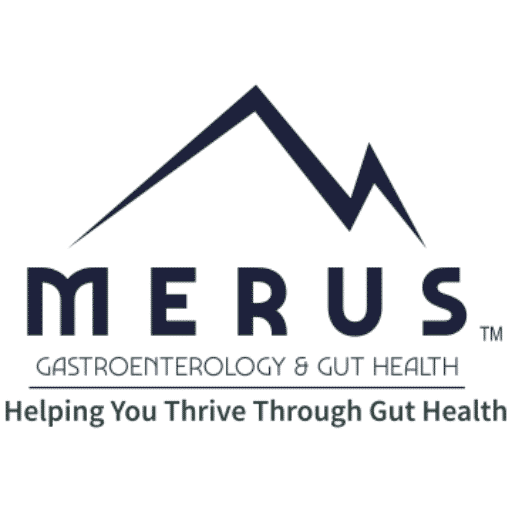👩⚕️👨⚕️Preventing Acid Reflux with Dr. Sumana Moole🥦🍏
As a skilled gastroenterologist with a focus on gut health, Dr. Sumana Moole from Merus Gastroenterology in John’s Creek, GA has helped countless patients manage their gastrointestinal problems. One of the most common problems she sees in her patients is acid reflux, which can be a frustrating and uncomfortable condition. In this post, Dr. Moole shares her expertise on preventing acid reflux and offers valuable insights on how to manage the condition.
What is Acid Reflux?
Acid reflux is a condition in which stomach acid backs up into the esophagus, causing heartburn and other uncomfortable symptoms. While occasional acid reflux is normal, chronic acid reflux can lead to more serious problems like GERD (gastroesophageal reflux disease) if left untreated.

Preventing Acid Reflux
Preventing acid reflux requires a multi-faceted approach, including dietary changes, lifestyle modifications, and other tips.
Dr. Moole provides her expertise on the best ways to prevent acid reflux:
-
- Avoid Trigger Foods: In addition to the foods mentioned, other common trigger foods include mint, garlic, and fried or processed foods. While it’s important to avoid these foods, it’s also helpful to keep a food diary to track your own personal trigger foods. For example, one patient of Dr. Moole’s found that bananas triggered their acid reflux symptoms, while another found that high-fat dairy products were a problem.
- Eat Smaller Meals: In addition to eating smaller, more frequent meals, it’s important to eat slowly and chew food thoroughly to help with digestion. One real-life example of this is a patient of Dr. Moole’s who found that eating too quickly and not chewing food properly led to more frequent acid reflux symptoms. By taking the time to eat slowly and chew food thoroughly, they were able to prevent acid reflux symptoms.
- Elevate Your Head: It’s important to note that simply propping yourself up with pillows may not be effective in elevating your head enough to prevent acid reflux. Using a wedge pillow or raising the head of your bed 6 to 8 inches is more effective. One real-life example of this is a patient of Dr. Moole’s who found that using a wedge pillow helped to prevent acid reflux symptoms at night, allowing them to sleep more comfortably.
- Stay Upright After Meals: While it’s important to stay upright after meals, it’s also helpful to avoid strenuous exercise or bending over immediately after eating. For example, one patient of Dr. Moole’s found that doing yoga inversions after a meal led to acid reflux symptoms, so they adjusted their yoga practice to avoid these poses after eating.
- Lose Weight: Losing weight can be a challenging process, but it can be helpful to focus on small, achievable goals. For example, one patient of Dr. Moole’s started by making small changes to their diet and gradually increasing their physical activity. By setting realistic goals and making sustainable lifestyle changes, they were able to lose weight and improve their acid reflux symptoms.
Dr. Moole’s Experience and Expertise
As an experienced gastroenterologist with a focus on gut health, Dr. Moole has helped many patients manage their acid reflux symptoms. She offers practical advice on how to prevent acid reflux by making dietary and lifestyle changes, and she can prescribe medication to manage the symptoms if necessary. Dr. Moole’s patients appreciate her dedication to providing personalized care and building strong doctor-patient relationships.
Summary
Acid reflux can be a frustrating and uncomfortable condition, but it is possible to manage and prevent the symptoms with the right strategies. By following Dr. Moole’s expert advice on avoiding trigger foods, eating smaller meals, elevating your head while sleeping, staying upright after meals, and losing weight, you can take control of your acid reflux symptoms and improve your overall gut health.
If you are struggling with acid reflux or other gastrointestinal problems, Dr. Moole and the team at Merus Gastroenterology are here to help. With their personalized approach and dedication to patient care, they can help you manage your symptoms and promote your gut health.









